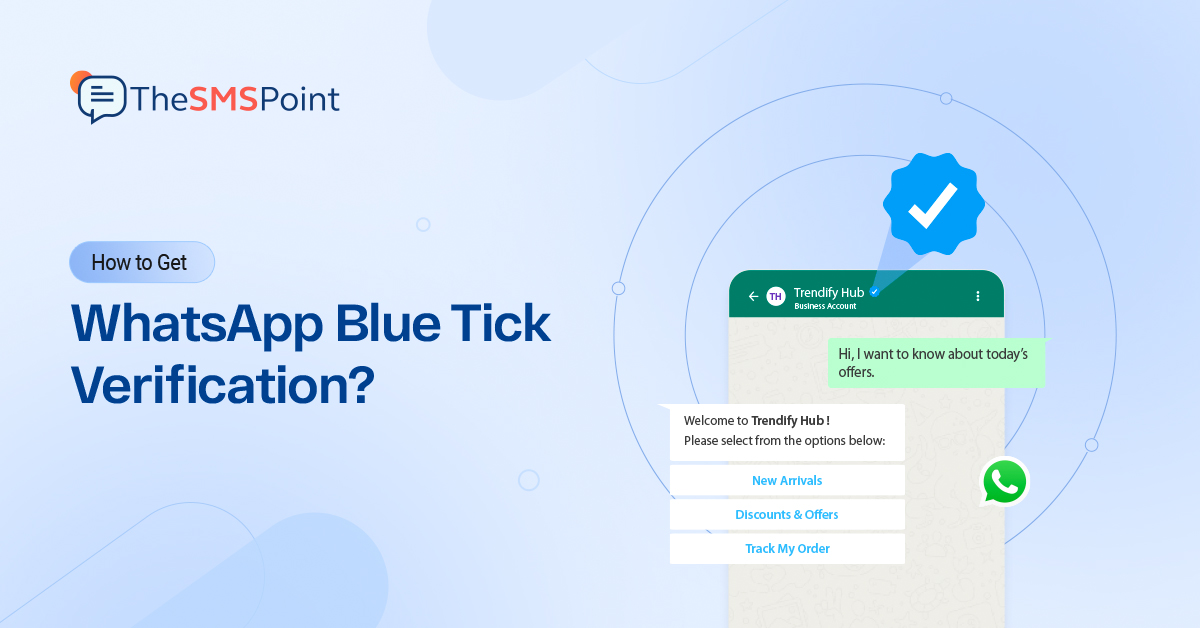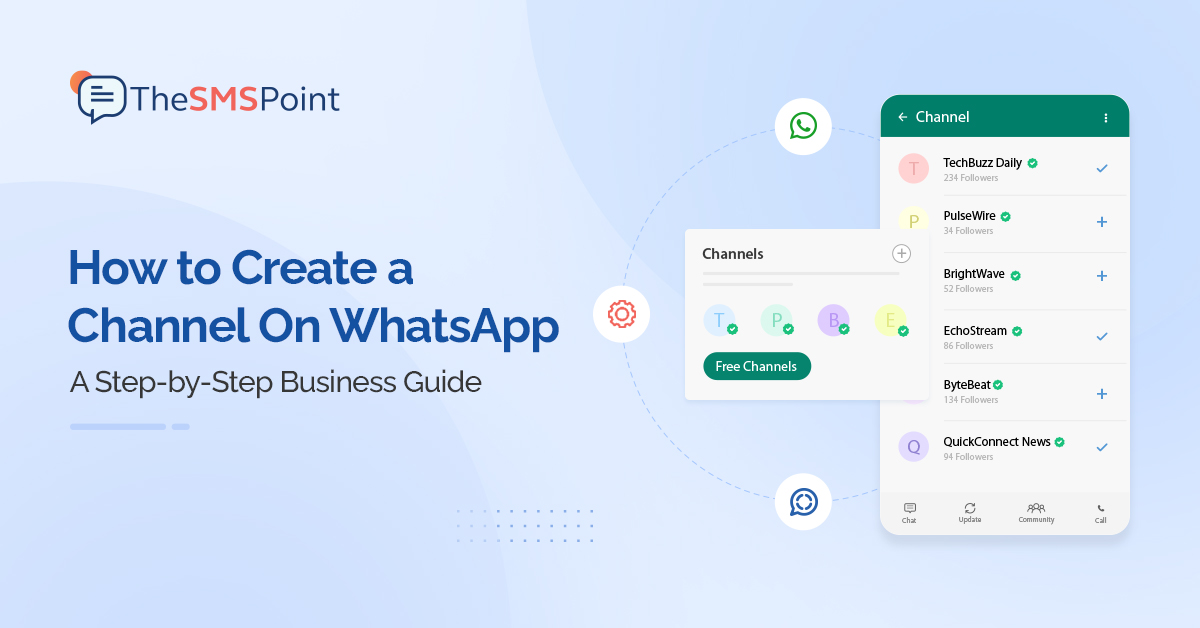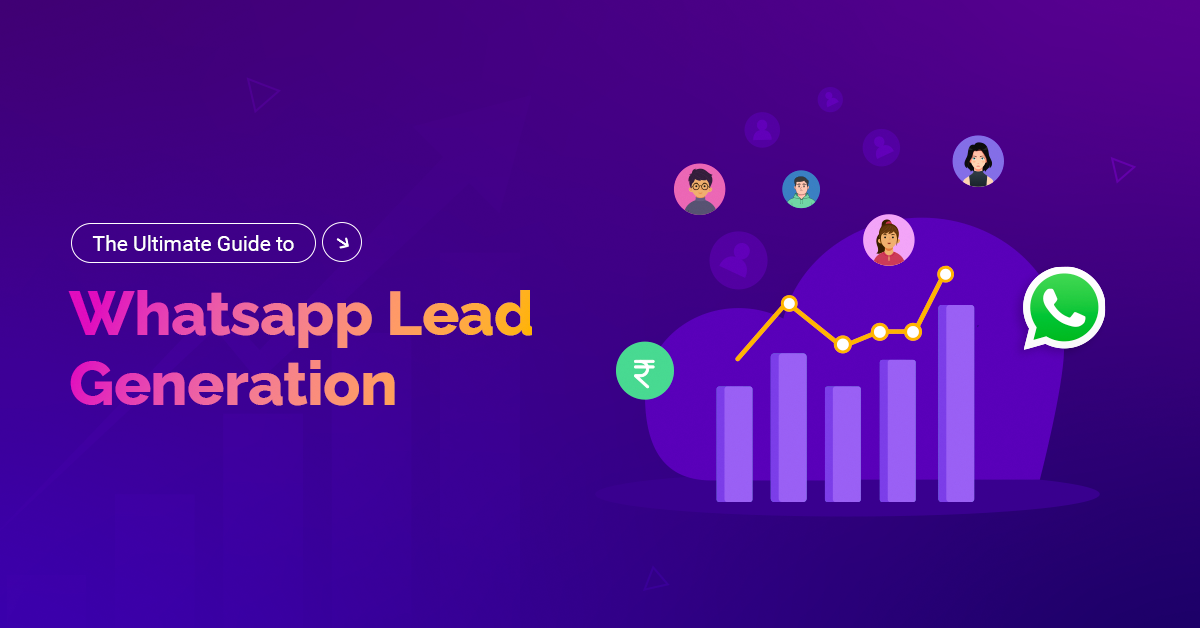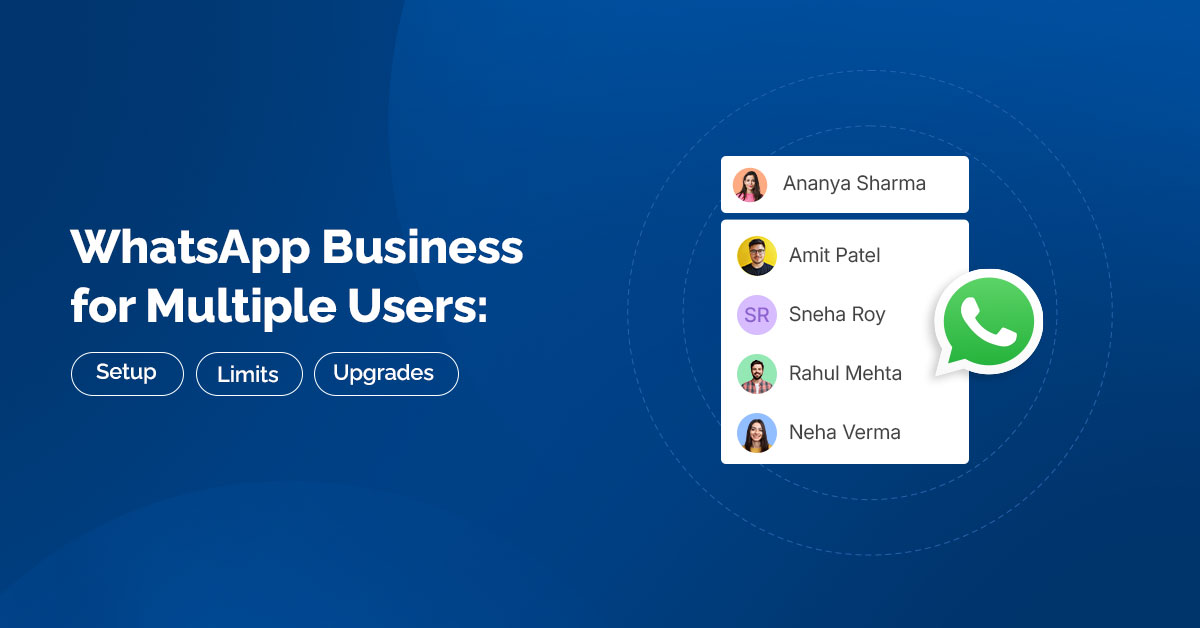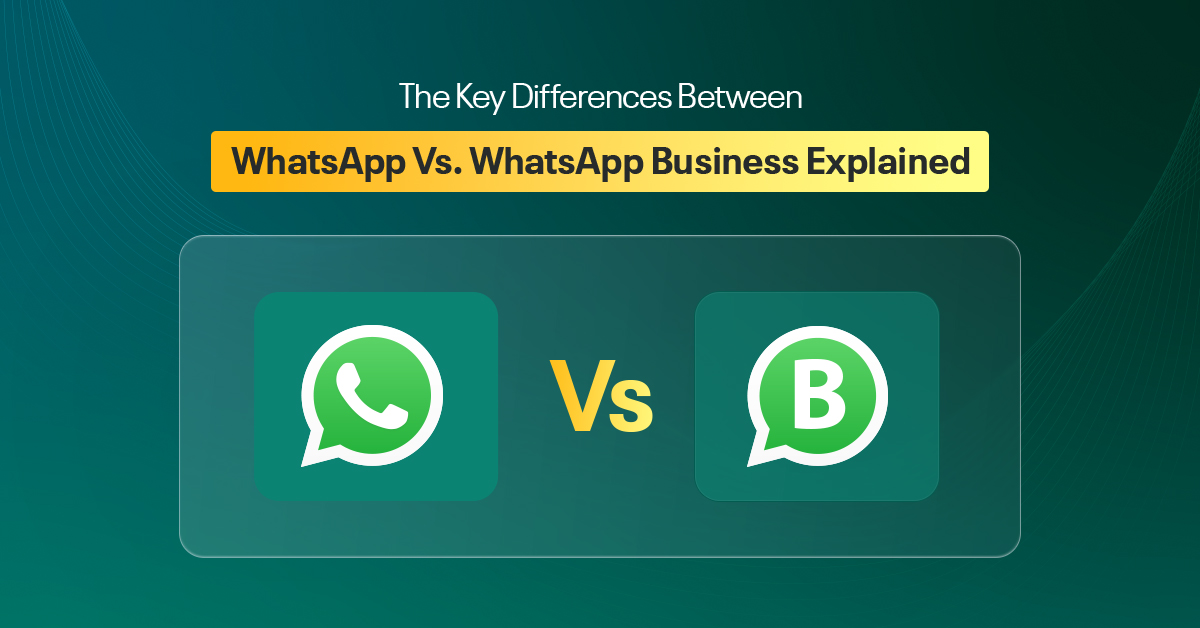
With almost three billion users, WhatsApp isn’t only one of the most popular messaging apps in the world, it’s also a great channel for businesses to interact with their customers. But what’s the difference between WhatsApp and WhatsApp Business, and why does it matter? What about the WhatsApp API? No worries, while the WhatsApp ecosystem can seem confusing, we’re here to walk you through it.
Why even think about WhatsApp messaging as a business?
Before we get into the technical details, let’s clear up why it’s even worth investing in WhatsApp as a business.
First off, WhatsApp is hugely… and we mean hugely (!) popular. When it comes to chatting with friends, family, and co-workers, WhatsApp is the go-to app for most people around the globe.
But did you know that each day, millions of users also message a business on WhatsApp? What’s more: They also love receiving messages from businesses on WhatsApp. We research among 2,800 global consumers shows that, on average, 17% of users prefer getting promotional content on messaging apps like WhatsApp. In key WhatsApp markets like India, Mexico, or Brazil, that number goes up to 30%.
But even if WhatsApp might not be as popular in your region, don’t write it off as a customer communication channel. As our survey shows, even in emerging WhatsApp markets like the U.S., 28% of younger consumers increasingly turn to WhatsApp and similar messaging platforms to interact with businesses.
Bottom line: If your customer base is interested in interacting with your business on WhatsApp, you should definitely consider it because there’s a lot more to WhatsApp than its popularity.
For example, WhatsApp supports rich messaging features like images, videos, product catalogs, buttons, automations, and more that make for a more engaging user experience. It also offers safe real-time communication: WhatsApp chats have end-to-end encryption, where only sender and recipient can read the message. And with business-first features like CRM integrations and automations, it can also be turned into an efficient and powerful communication channel and improve the customer experience.
Key differences between WhatsApp Business vs. WhatsApp
The main difference between WhatsApp and WhatsApp Business is the intended user.
The standard WhatsApp is a personal messaging app for private communication. It’s available for free for iOS and Android. WhatsApp Business is also a free application, but it’s specifically designed for businesses. WhatsApp launched it in 2018 as demand for business usage of the messaging app grew.
However, since then, WhatsApp has also made it clear that businesses aren’t allowed to use the private WhatsApp for commercial purposes. Any non-personal use is prohibited by WhatsApp’s terms.
Even if you had a choice between the regular WhatsApp vs. WhatsApp Business, you would most likely prefer the business version for its additional features.
Standard WhatsApp features vs. WhatsApp Business features
Here’s an overview of the most important features of the standard (personal) WhatsApp.
Profile: Users can create a WhatsApp account and personal profile with a username, short bio, and image.
Group chats: You can set up WhatsApp groups with up to 1,024 members.
Multimedia: Users can send images, voice messages, videos, emojis, GIFs, and documents through WhatsApp.
VoIP: The personal WhatsApp also supports voice and video calls.
Status: Private users can share text, images, videos, or voice memos in their status updates. These disappear after 24 hours.
Encryption: WhatsApp offers an end-to-end encryption (based on the Signal protocol) as default.
WhatsApp Web and Desktop: Users can sync their chats with their browsers or download the desktop app to manage their WhatsApp messages that way.
The WhatsApp Business app offers essentially the same features as the standard app, plus a few specific business functionalities.
Company profile: Your company profile contains a link to a dedicated company page where you can add relevant information like your business hours or a link to your website. WhatsApp has to verify your phone number before you’re allowed to create a WhatsApp Business account.
WhatsApp Broadcast: The business version also offers the broadcast feature for sending one-to-many messages for up to 256 unique contacts per broadcast list. You can only send broadcast messages to users that have saved your number in their contacts. Also keep in mind that you can’t schedule or personalize these messages and if you exceed the limit, WhatsApp can and will block your number.
Product catalog: Companies can include up to 500 products or services in their product catalog. They’re also displayed on your business profile, and you can share the items in the chat. Products can contain information like price, a description, and a link to a landing page.
Quick replies: These are pre-written answers that you can save and then send in a chat without having to write them each time. They’re particularly useful for answering FAQs.
Automated notifications: Some messages like welcome notifications or away messages can be sent automatically.
WhatsApp Web and Desktop: Business users also have access to WhatsApp Web and Desktop
Downsides of WhatsApp Business
Because it’s super manual, WhatsApp Business app is great for small companies that need a simple, free way to handle a low volume of customer inquiries. However, it does have some limitations.
No blue verification badge: Unless a user has saved you in their contacts, you appear as an unknown number to them. They won’t see your company name and logo. You can only get verified with a Meta Verified subscription or by using the WhatsApp API.
No integration with CRM systems: If you want to track, gather, and save data, you have to do it manually.
No analytics: There are no analytics tools to evaluate marketing campaigns to understand user behavior or increase customer engagement.
No scalable personalization: You can’t personalize messages by automatically adding user-specific data like their name or a product they previously bought.
Limited number of people who can answer customer inquiries: There’s a maximum of four agents for WhatsApp Business.
Limited automation: Features for automated messages are very limited, and you can’t integrate bots.
Issues with data compliance: If you follow stricter data regulations like the GDPR, the WhatsApp Business app won’t be compliant.
All things considered, the WhatsApp Business app is only meant for freelancers or small business owners with up to five employees that handle very few inquiries and aren’t worried about data protection.
How does the WhatsApp Business API fit into all of this?
The WhatsApp Business API (or WhatsApp Business Platform) provides advanced, paid features businesses need to scale their WhatsApp channel.
Unlimited user support
With the API, you can connect one business account to unlimited devices and user profiles, eliminating customer support bottlenecks.
Blue badge for trust
Using the API makes it easier to obtain WhatsApp’s verified blue badge. This badge displays your company name and logo clearly, improving customer trust and relationships.
Scalable marketing campaigns
The API supports higher message limits, allowing you to contact even those users who haven’t saved your number – provided you’ve previously gathered their opt-ins. Features like re-usable templates, personalized automation, scheduling, and tracking simplify campaign management and boost engagement.
CRM integration
Unlike the standard business app, the API integrates seamlessly with your CRM, preventing contact duplication and simplifying audience segmentation for future communications.
Customer satisfaction through automation
The API enables automation through additional features like WhatsApp Flows and chatbots, easing workloads and improving customer interactions.
Ensured compliance
For easy comparison, we’ve put together a table that lets you see immediately how WhatsApp vs. WhatsApp Business vs. WhatsApp Business API stack up against each other.
| WhatsApp Features | Standard App | Business App | Business Platform (API) |
| Free of charge | ✓ | ✓ | X |
| Business use permitted | X | ✓ | ✓ |
| Business profile and catalog | X | ✓ | ✓ |
| Message templates (marketing, utility, authentication, OTPs) | X | X | ✓ |
| Scheduling templated messages | X | X | ✓ |
| CTA buttons | X | X | ✓ |
| Variables for personalized messages | X | X | ✓ |
| Integrations (CRMs, other channels, etc.) | X | X | ✓ |
| Chatbots | X | X | ✓ |
| WhatsApp Flows | X | X | ✓ |
| Verification (blue badge) | X | X | ✓ |
| Display name (instead of phone number) | X | X | ✓ |
| Fully data-compliant | X | X | ✓ |
Is the WhatsApp API only for larger businesses?
No. There are no specific business size requirements to use the API. It really depends on your needs. If you can easily handle the manual tasks in your WhatsApp communication, the WhatsApp Business app is probably enough.
However, businesses that want to scale their WhatsApp business communication will benefit from the API, regardless of their size.
Depending on where your company or customers are located, you also need to use the API to be able to stay compliant with stricter data regulations like the European GDPR.
In a world where instant and personalized communication drives customer trust, TheSMSPoint’s WhatsApp Business API service stands out as a powerful solution for businesses of all sizes. By offering secure, scalable, and efficient messaging, it enables brands to connect with customers seamlessly, automate interactions, and enhance engagement like never before. With its reliable integration and dedicated support, TheSMSPoint isn’t just providing a service it’s helping businesses build stronger relationships and stay ahead in the competitive digital landscape.

